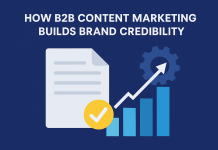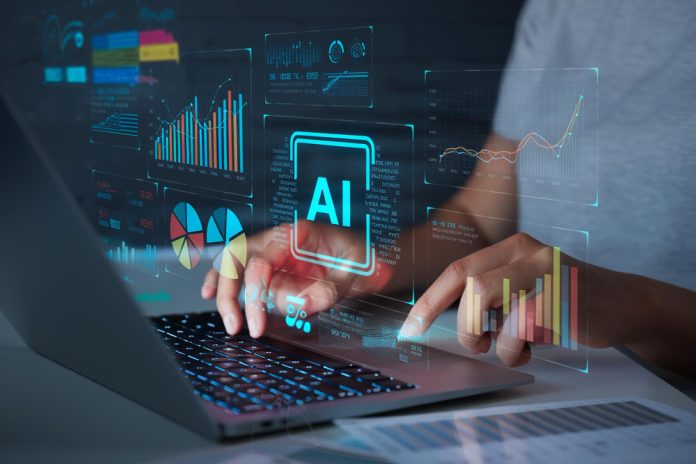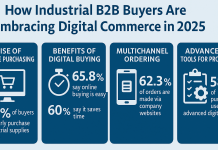The B2B marketing world is undergoing a seismic shift. With AI drastically reducing the cost of content creation, businesses are producing more than ever, but so is everyone else. In this saturated environment, experience marketing has emerged as a powerful differentiator. Brands that focus solely on pushing content risk becoming invisible. What matters now is connection, not just communication.
In a landscape where Large Language Models (LLMs) and algorithms prioritize trusted sources like editorial coverage, authentic reviews, and third-party recommendations, brands must pivot from ad-heavy strategies to experiential engagement that fosters genuine advocacy. This isn’t just a trend; it’s a strategic imperative.
Why Experience Marketing Is Gaining Ground
Skepticism around the ROI of experience marketing still lingers. Yet recent research, including George P Johnson ANZ’s “Prepare for Impact” report, confirms that experiences do matter. The key question isn’t whether to invest in experiences, but how to maximize their impact and track outcomes effectively.
Our forthcoming “Prepare for Impact 2.0” report explores this further, revealing new insights into reaching one of the most elusive segments in B2B: the C-suite. While many marketers attempt C-suite engagement through events, there’s often a disconnect between execution and expectation.
What works? Exclusivity, tailored content, and peer-to-peer learning environments. High-value experiences that offer relevance and genuine dialogue outperform traditional, presentation-heavy formats. C-suite leaders are more likely to engage when there’s a clear value exchange and when the environment fosters high-trust conversations among peers.
Innovation in Experience Is More Than a Buzzword
Innovation in B2B events isn’t about flashy tech or gimmicks. According to our research, the most effective innovations are those that enhance the strategic and operational elements of the experience.
Technologies like AI are now embedded into the planning and execution of events, not just on stage but behind the scenes, boosting both efficiency and engagement. Whether it’s personalized content delivery or automated logistics, smart tech is helping marketers create deeper, more meaningful interactions at scale.
Measuring What Matters in Experience Marketing
A critical gap still exists between the perceived importance of measurement and marketers’ actual confidence in reporting ROI. Many still rely on surface-level metrics like attendance or impressions.
The future demands a more sophisticated, cross-functional approach to measurement, one that ties experiential moments directly to business outcomes such as pipeline acceleration, customer retention, and brand advocacy.
Experience Is the New ROI
In a B2B world increasingly shaped by automation and content overload, experience marketing offers a rare chance to stand out. It’s not just about hosting events, it’s about strategically crafting environments where real relationships form and advocacy thrives.
With tighter budgets and more scrutiny on marketing spend, experience marketing proves its value by delivering measurable, human-centric outcomes. Brands that master this balance will not only survive they’ll lead.
As we prepare to release “Prepare for Impact 2.0”, the evidence is clear: experience is no longer optional; it’s the core of effective B2B marketing in the AI era.












